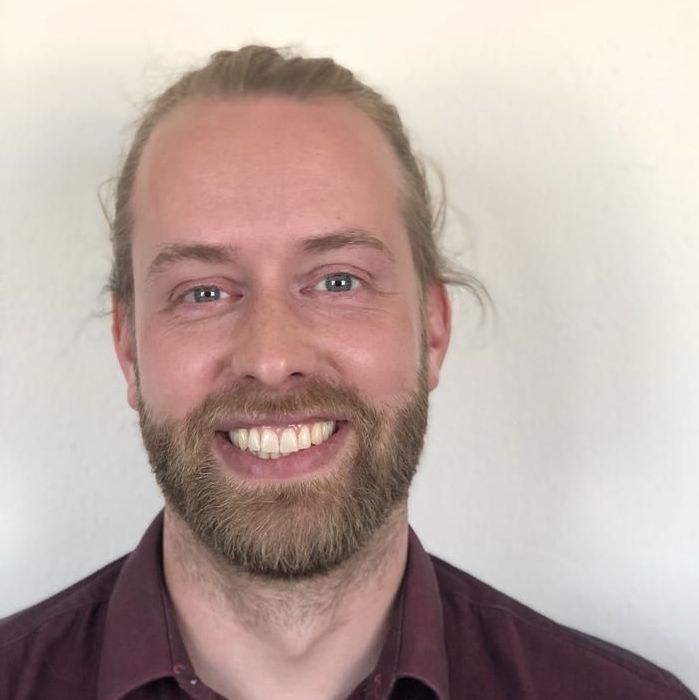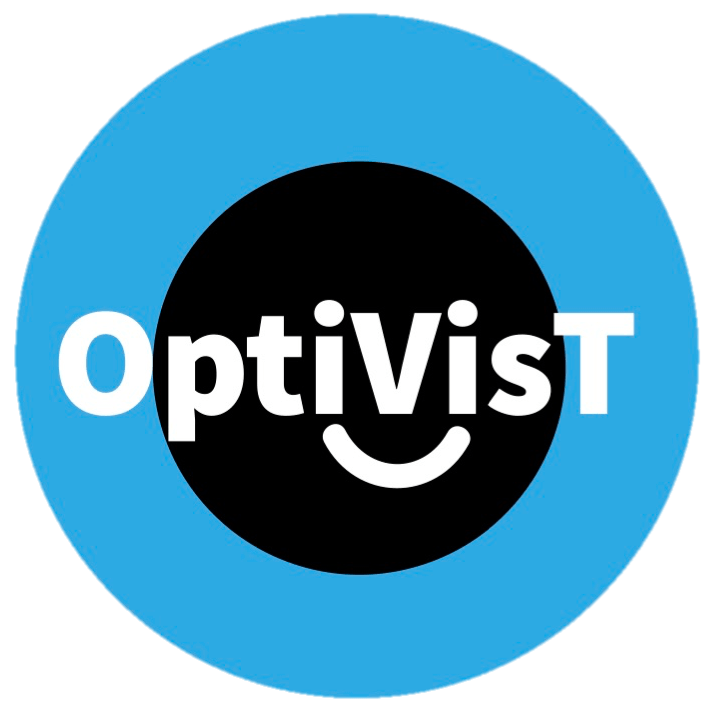HENNING SCHULTE

Assessment of functional vision using eye-tracking, virtual- and augmented reality and artificial intelligence
Update: Nov 2024
Since November 2021, I have been a PhD candidate at the Laboratory for Experimental Ophthalmology at the University Medical Center in Groningen, the Netherlands.
Personal Background and Interest:
I grew up in Germany and have since then lived in the Netherlands, Italy, Denmark and Spain. I love being outside in nature, next to music and theater. My academic background is in Psychology (BSc.) and Behavioural and Cognitive Neuroscience (MSc.). My academic interests mainly span human (functional) perception, as well as its measurement, integration, restoration and enhancement. Currently, I am finishing my PhD in Visual Neuroscience as part of the OptiVisT program
Aim of the project:
We developed a functional visual field test that can detect and reconstruct visual field defects from gaze recordings of participants watching short movie clips. In the initial study, already short recordings of 60 seconds are enough to reliably detect a simulated visual field defect with outstanding precision and differentiate between different scotoma shapes. This work is currently in peer review at a renowned journal and soon to be published.
The validation in patients with Glaucoma and Heminanopia showed that the ability to reliably detect visual field defects transfers to real patients, but that their reconstruction is strongly influenced by the individual's behavioural adaptation.
Current activities:
I am currently working on the integration of our method with a pupil perimetry method developed at Utrecht University ( https://doi.org/10.1007/s00417-024-06733-1). The two methods both rely on movie watching data but use very different
Future directions:
For the future I am looking at different options to continue my scientific journey in a way that follows my interest and leads to exciting research topics and new insights.
My OptiVisT experience:
My OptiVisT experience is an exciting one. Never before in my life have I met so many smart people from different backgrounds and with different skills that are so interested in scientific advancement on neuroscientific, medical and technological topics. The network has provided amazing training and led to many visits at laboratories and institutions across Europe each of which contributing to a fuller picture of the range of research methodologies and technologies that are available. I am looking back at two exciting secondments at Rigshospitalet in Denmark and IIT in Italy and am happy to have built a wide network of scientific contracts, collaborators and friends. It has been a great experience and a great basis for a career in human perception research, an equally challenging, important and rewarding field.
Project output
I have presented my work at several (international) conferences, amongst which the European Conference on Vision Perception (2022, 2023, 2024), the Dutch Perception Day (2023, 2024), Vision 2023, EUNOS 2024, IPS 2024. For current results on the integration of the two movie perimetry methods, meet me at ECVP 2025 in Mainz or CCN 2025 in Amsterdam.
Contact
Interested in my work and want to get in touch? Send me an e-mail via h.schulte.la@gmail.com

